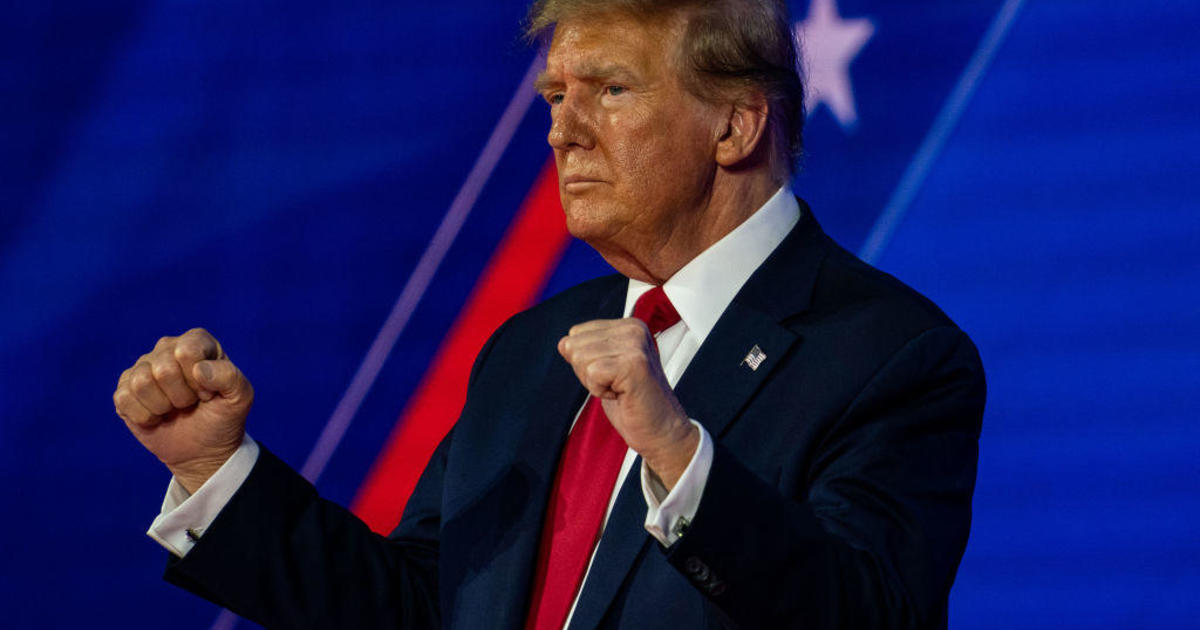Donald Trump emerged victorious in Missouri’s Republican caucuses, a win that bolstered his delegate count for the GOP presidential nomination. Former President Trump, known for his strength in caucuses, also secured delegates at a party convention in Michigan, with Idaho set to hold its caucuses later in the day. In contrast, former U.N. Ambassador Nikki Haley is still pursuing her first win but faces an uphill battle against Trump’s formidable support base. Notably, there were no Democratic contests scheduled for the day.
Looking ahead, the GOP caucus in the District of Columbia is slated for Sunday, followed by Super Tuesday, where 16 states and American Samoa will hold primaries. Trump appears poised to secure the nomination in the coming days, with his lead in delegates steadily increasing. The Michigan Republican convention in Grand Rapids saw the allocation of 39 delegates out of the state’s total of 55, although some party members chose to boycott the event due to internal disputes over leadership.
The Missouri Republican Party conducted its presidential caucuses on Saturday, providing state voters with their sole opportunity to participate in selecting the party’s nominee for the November presidential ballot. In Columbia, Missouri, residents lined up outside a church to cast their votes, reflecting a sense of anticipation and engagement in the democratic process. This year marks the inaugural implementation of a new caucus system largely run by volunteers, following the cancellation of the state’s presidential primary in favor of the caucus format.
In Idaho, legislative changes inadvertently eliminated the presidential primaries, leading to the adoption of caucuses as the only available method for selecting candidates. Republican voters in Idaho must attend in person to participate in the caucus, where they will hear speeches from candidates or their representatives before casting their votes. The delegate allocation process in Idaho involves awarding all delegates to a candidate receiving over 50% of the statewide votes, with proportional distribution among candidates securing at least 15% of the total votes.
The Idaho GOP plans to announce the results once all votes are tallied, marking a significant moment in the state’s political landscape. Trump’s performance in the 2016 Idaho primary, where he placed second behind Sen. Ted Cruz, underscores the unpredictable nature of caucus outcomes and the importance of grassroots participation. As the presidential nomination process unfolds across various states, candidates like Trump and Haley will continue to engage with voters and party members to secure support and delegates essential for their electoral success.









